There comes a moment when it hits you—maybe slowly, maybe all at once—that you’re not the youngest in the room anymore.
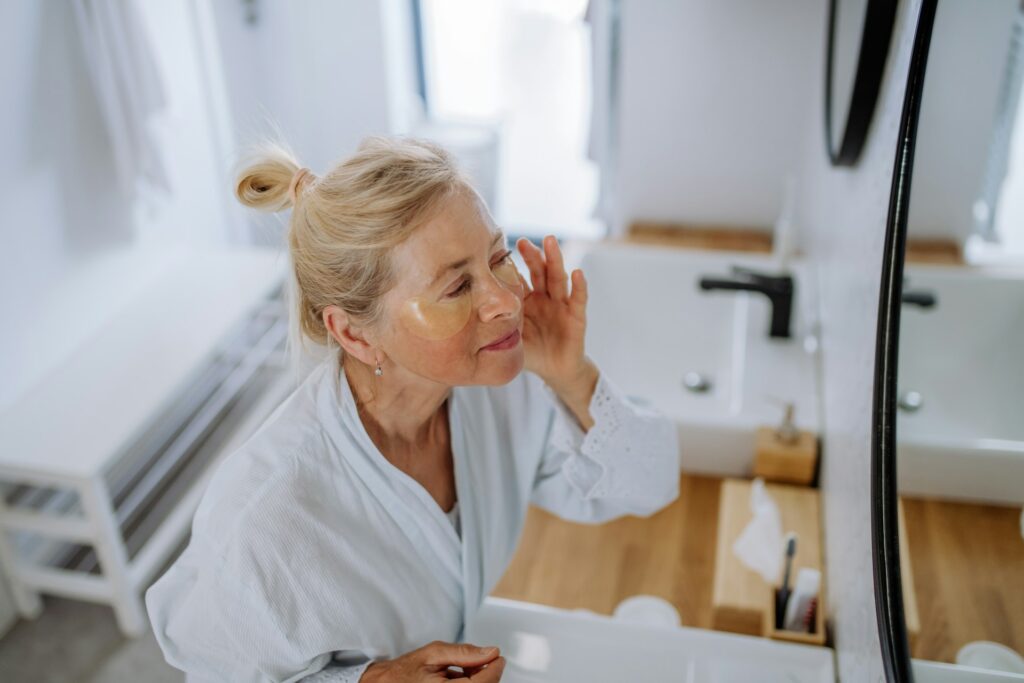 Source: Unsplash
Source: Unsplash That certain things have passed, certain options have closed, and your face or body or energy doesn’t bounce back the way it used to. It’s not easy to sit with, but making peace with getting older doesn’t mean pretending to love every second of it. It just means softening into the truth of it—without fear, shame, or constant resistance. Here’s how to start doing that in a real, human way.
1. Let yourself grieve what’s gone.

You don’t have to “stay grateful” all the time. Sometimes you just need to feel sad that you didn’t get the time, the body, the chances, or the years back that you wanted. That’s not weakness; it’s honesty. Grief isn’t a failure of gratitude. It’s part of fully seeing what time has changed. And allowing that sadness to exist makes space for something softer to follow: acceptance.
2. Stop waiting for the right time to start living.

If you’ve been holding off on a trip, a change, a conversation, or a risk because you think you need more time to “figure it out,” ask yourself: how much longer are you willing to wait? Getting older reminds you that time isn’t unlimited—and that’s not meant to scare you. It’s meant to nudge you toward aliveness. Start before you feel fully ready. There’s still room for newness.
3. Remember that beauty and relevance don’t belong to the young.
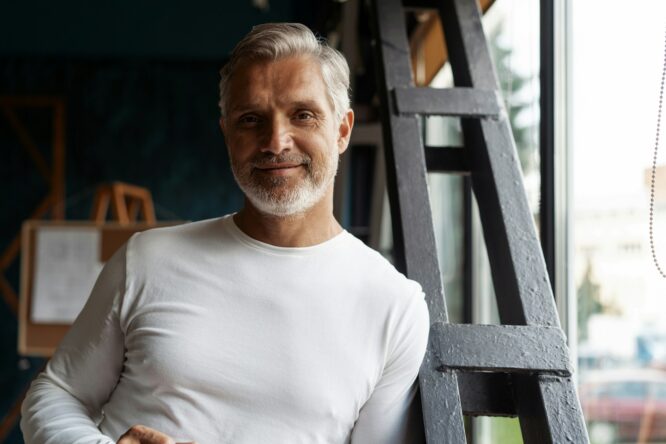
We’ve been fed the idea that being valuable, attractive, or interesting is tied to youth. But real magnetism has always had more to do with presence than age. The people who stay memorable aren’t the ones trying to look 25 forever—they’re the ones who let themselves fully inhabit who they are right now. That kind of energy has no expiration date.
4. Redefine what growth actually looks like now.
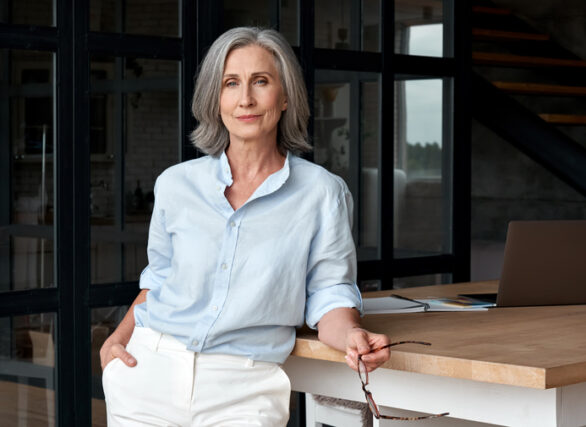
In your twenties, growth might’ve looked like climbing ladders or proving yourself. Now, it might mean unlearning urgency, softening your expectations, or finding joy in quiet moments. This version of growth is slower, deeper, and less Instagram-friendly—but it’s often more honest. Let your definition of progress evolve with you.
5. Let go of the idea that it’s “too late.”

So many people stop themselves from starting something new because they think they’ve missed their window. But most of that panic is imagined. You’re still here. That’s the only starting point that matters. It might not look like what you pictured ten years ago, but that doesn’t make it worthless. In fact, doing something now—knowing time is finite—can make it even more meaningful.
6. Embrace being the person with experience.
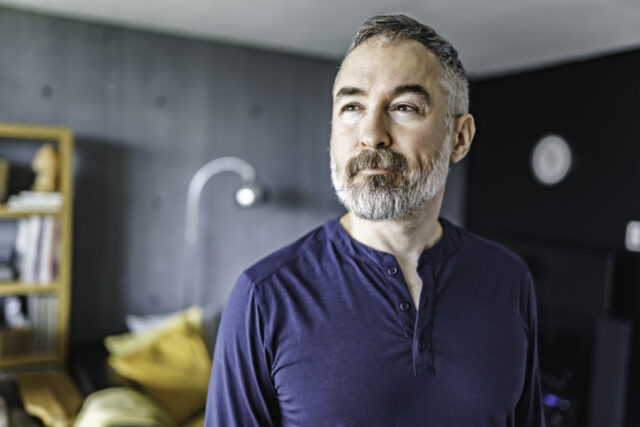
There’s something powerful about no longer being the one who’s fumbling through everything for the first time. You’ve earned perspective, intuition, and clarity—and that counts for something. You’re no longer proving your worth. You’re owning it. There’s peace in recognising that you’ve survived enough to finally start trusting yourself.
7. Accept that some doors will stay closed, and that’s okay.

You won’t do everything. You won’t become every version of yourself you once imagined. That’s not failure, that’s reality—and making peace with that truth is oddly freeing. There’s beauty in choosing your version of life instead of chasing every possible one. Not everything had to happen for your life to still be valid and full.
8. Drop the need to look young in order to feel valuable.

There’s nothing wrong with caring about how you look. But when it turns into fear or shame about looking older, it starts to eat away at self-worth. You don’t have to chase youth to deserve care, attention, or love. You’re still allowed to feel attractive and vibrant without needing to pass for someone younger. You’re not fading; you’re just changing into a new version of your beauty.
9. Be around people who aren’t obsessed with age.

It’s hard to make peace with getting older when you’re constantly around people who treat ageing like a problem to be fixed. That mindset is contagious, and exhausting. Spend time with people who care more about connection, honesty, and presence than status or smooth skin. They’ll help you remember what actually matters.
10. Reflect on how far you’ve come in ways that don’t involve status.

Forget the job titles or bank account for a second. Think about the things you’ve survived, the relationships you’ve deepened, the moments where you felt proud of your own integrity. Age doesn’t just measure time—it shows layers. You’ve earned a level of emotional depth and self-awareness that only comes from living. That’s something to respect in yourself, not mourn.
11. Release the pressure to “make it count” every second.

Yes, time is precious, but trying to force every day to be meaningful can make life feel like a performance. You don’t have to be constantly maximising or doing something profound to be living well. Some days are just quiet. Some years are just steady. Making peace with ageing includes letting yourself exist without chasing a highlight reel.
12. Laugh at how much you’ve changed, and how much you haven’t.
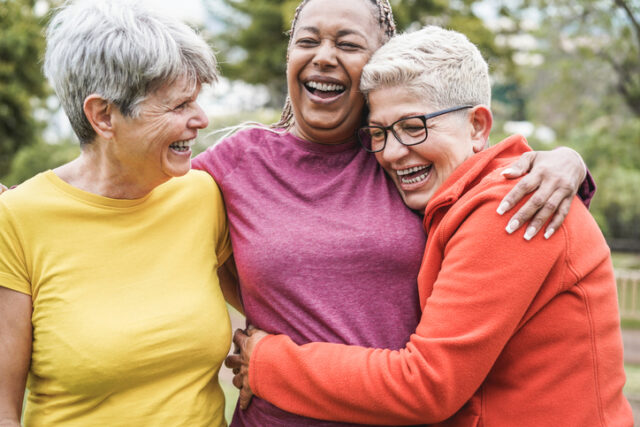
It’s comforting to realise that parts of you have always been the same. Maybe your humour, your weird little habits, or the way you think about certain things has stayed steady all along. Getting older doesn’t mean becoming a different person—it often means coming back to the most consistent parts of yourself. That familiarity can feel like home.
13. Remember that getting older means you’re still here.

This isn’t a throwaway platitude. There are people who didn’t get the time you have now. So even if it’s complicated or bittersweet, this version of your life is still unfolding. And you’re still part of it. You don’t have to love every change to feel grateful for the chance to keep growing. Getting older isn’t about decline—it’s about continuation. You’re not done. You’re still becoming.




